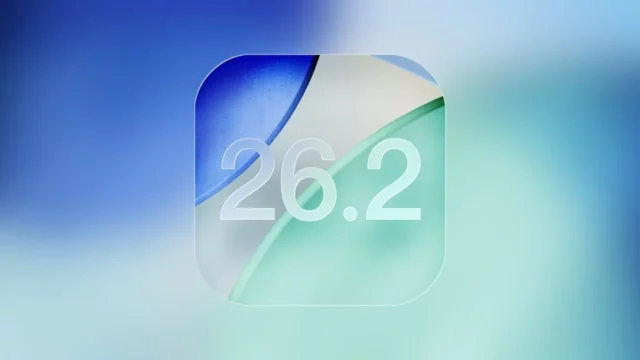In 2017, it was discovered that Apple systematically slowed down iPhone 6, 7, and SE models, resulting in a heavy penalty for the company, dubbed the Batterygate scandal. Apple agreed to pay $113 million, affecting millions of users and offering a $29 battery replacement for those affected.
Apple faces the Batterygate scandal once again
Although it seemed that the issue of Apple deliberately slowing down devices had been resolved, the company is now facing a new lawsuit. Justin Gutmann, on behalf of users in the United Kingdom, claims that Apple concealed battery-related problems in older iPhones by limiting performance.
If the lawsuit filed on behalf of UK iPhone users is successful, Apple may face a penalty of £1.6 billion. Gutmann alleges that the planned slowdown was not for the reasons Apple claimed but to hide certain issues.

Apple had stated in the 2020 lawsuit that it took this action to protect the battery life of older models. At that time, it was claimed that this was a sales policy and that Apple was forcing customers to buy new phones.
On the other hand, Apple is trying to block the lawsuit by applying to a London court. The company’s lawyers argue that the case is “baseless” and claim that there were problems with only a very limited number of older iPhone models that were offered free battery replacements.
It remains to be seen what path Apple will take if it loses the £1.6 billion lawsuit, which has been grappling with problems due to the long-standing Batterygate scandal. What do you think about the Batterygate scandal and Apple’s planned slowdown policy? You can share your thoughts in the comments section.













